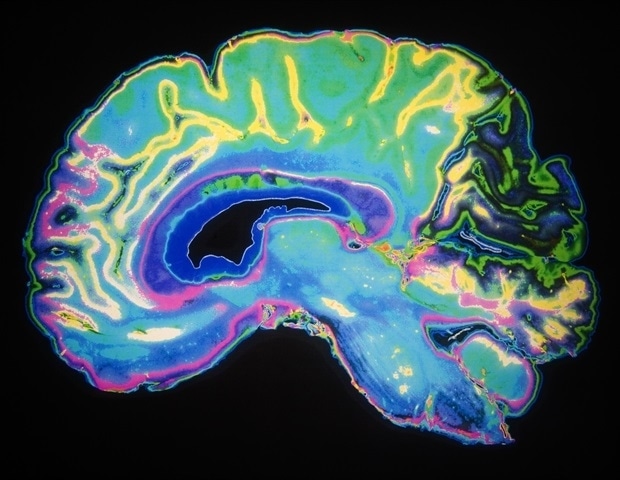The Hidden Power of Creatine: Beyond Muscle Building
Creatine is widely recognized as a popular supplement among athletes and fitness enthusiasts, primarily for its role in enhancing muscle strength and performance. However, its impact on human health extends far beyond the gym. In fact, creatine plays a vital role in sustaining energy levels in various parts of the body, including skeletal muscles, the brain, and even the heart.
This essential compound is crucial for energy-consuming cells, particularly those that require rapid bursts of energy. For instance, skeletal muscles rely on creatine to support high-intensity activities, while the brain and heart also depend on it to maintain their functions efficiently. Without adequate creatine, these organs may struggle to perform optimally, which can have serious consequences.
Chin-Yi Chen, a research scientist at Virginia Tech’s Fralin Biomedical Research Institute at VTC, is leading efforts to explore new ways of delivering creatine to critical areas of the body. His work focuses on a groundbreaking technique that uses focused ultrasound to transport creatine directly to the brain. This innovative approach could revolutionize how we treat conditions related to creatine deficiencies.
The research is being conducted under the guidance of Cheng-Chia “Fred” Wu, an assistant professor at the Fralin Biomedical Research Institute. Their collaborative project has received significant support, including a $30,000 grant from the Association for Creatine Deficiencies. This funding will help advance their studies and bring them closer to developing practical applications for this technology.
Why Creatine Matters for the Brain
While creatine is commonly associated with muscle function, its importance for the brain cannot be overstated. The brain requires a constant supply of energy to carry out complex processes such as memory formation, learning, and cognitive function. Creatine helps maintain energy levels in brain cells, ensuring they operate efficiently.
In cases where there is a deficiency in creatine, individuals may experience neurological issues, including developmental delays, seizures, and even intellectual disabilities. By finding ways to deliver creatine directly to the brain, researchers hope to address these challenges more effectively.
The Role of Focused Ultrasound
Focused ultrasound is a non-invasive technique that uses sound waves to target specific areas of the body. This method has shown promise in various medical applications, including drug delivery and tissue ablation. In the context of creatine delivery, it offers a potential solution to bypass the blood-brain barrier, which typically prevents many substances from reaching the brain.
By using focused ultrasound, scientists can create temporary openings in the blood-brain barrier, allowing creatine to pass through and reach the brain more efficiently. This could open up new possibilities for treating neurological disorders linked to creatine deficiencies.
Future Implications
The work being done by Chen and his team has the potential to make a significant impact on both medical research and patient care. If successful, this technique could lead to more effective treatments for a range of conditions, improving the quality of life for many individuals.
Moreover, the success of this project highlights the importance of interdisciplinary collaboration in scientific research. By combining expertise from different fields, researchers can develop innovative solutions to complex problems.
As the study progresses, it will be interesting to see how this technology evolves and what new applications it might bring. The future of creatine delivery looks promising, and the work being done today could pave the way for groundbreaking advancements in medicine.







